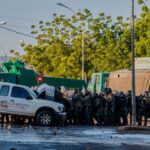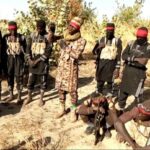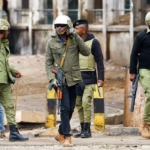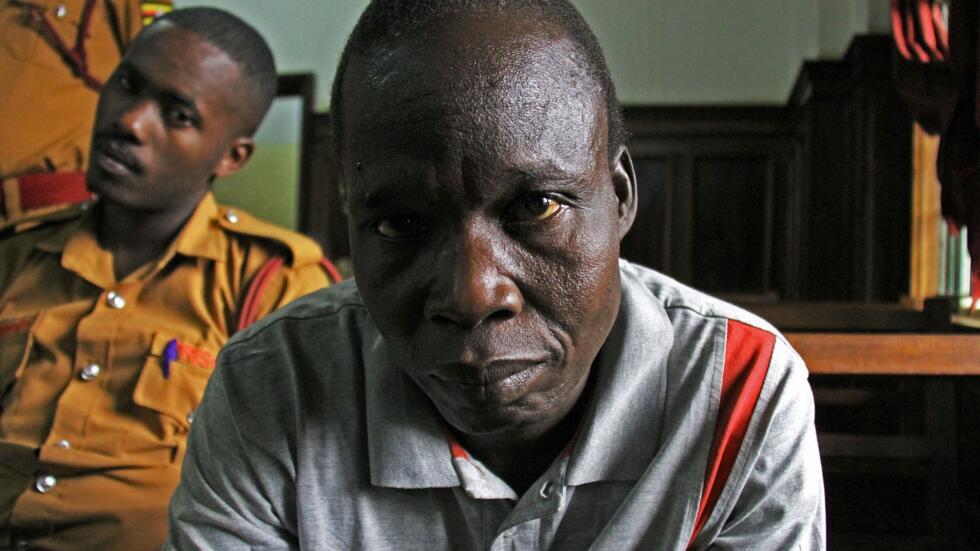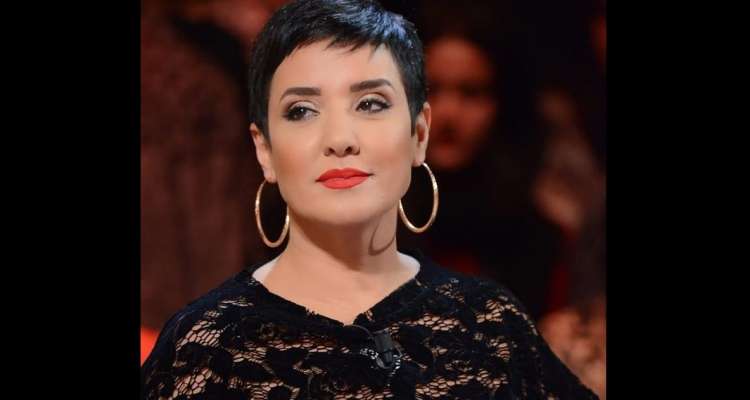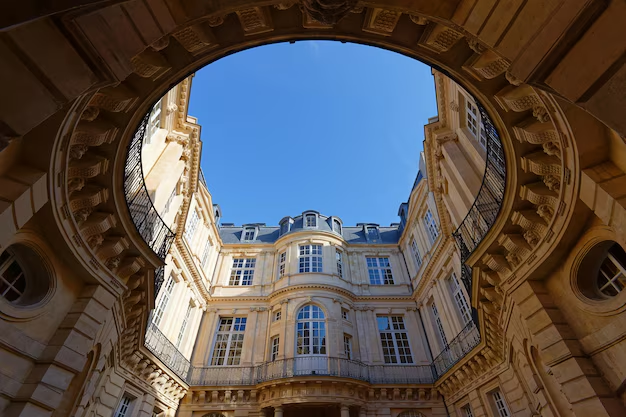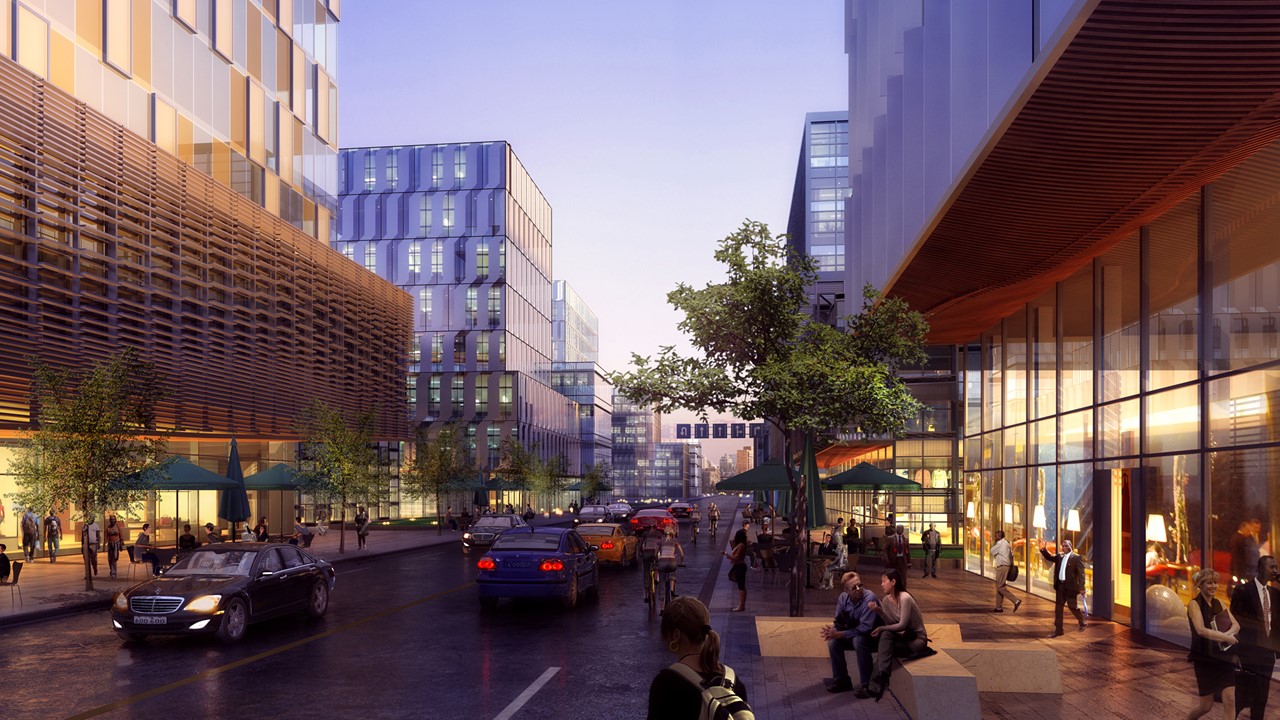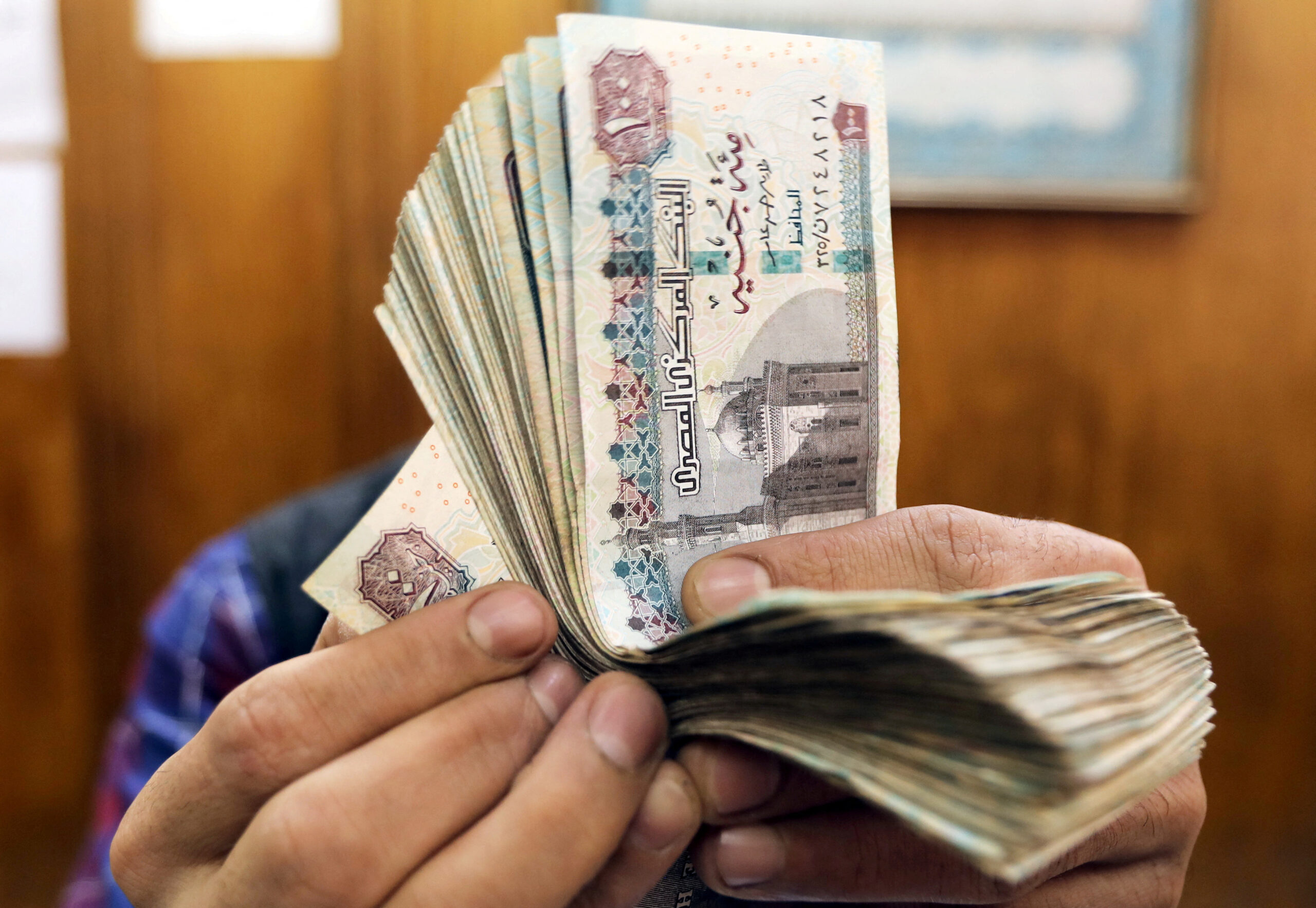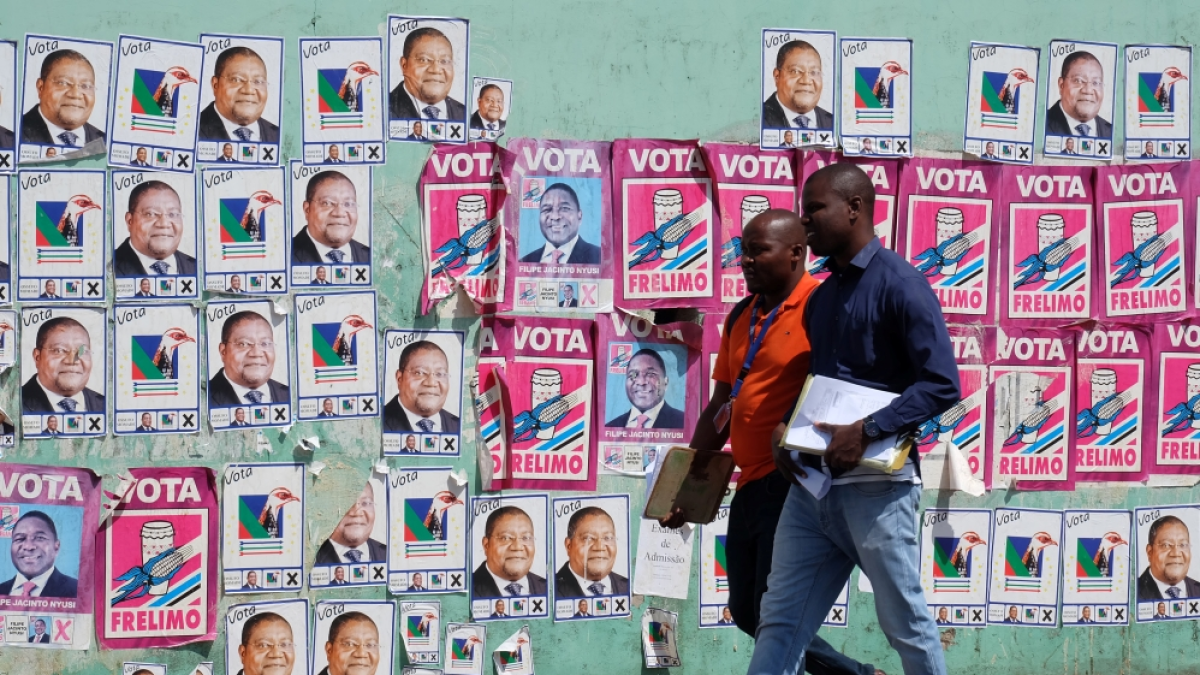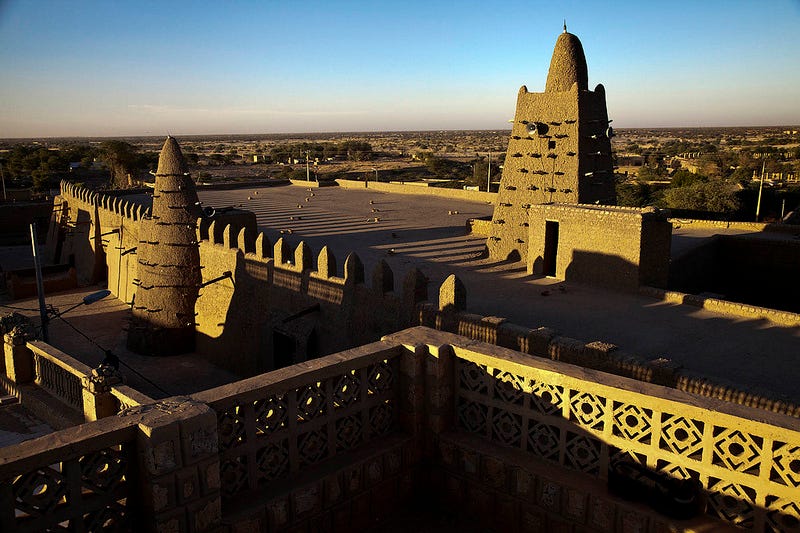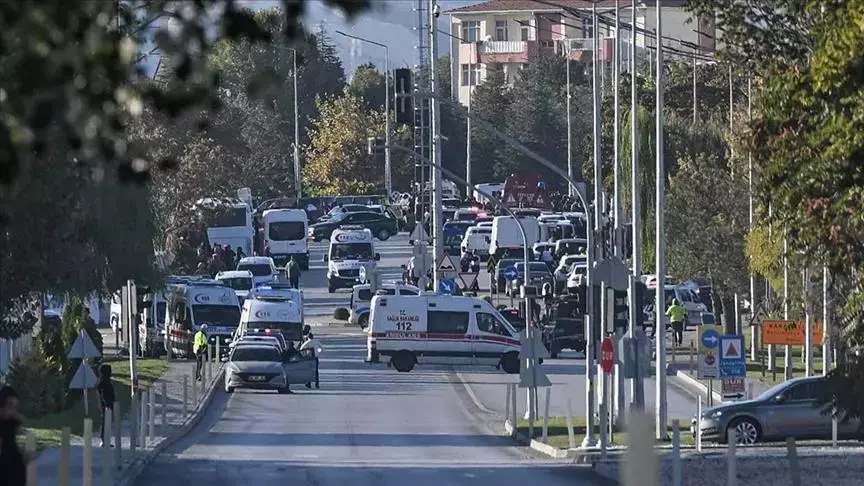African Union, SADC urge lifting of US sanctions on Zimbabwe
The Chairperson of the African Union Commission Moussa Faki Mahamat, and the Southern African Development Community (SADC) on Friday called for the unconditional lifting of all sanctions imposed against Zimbabwe. “The Chairperson remains concerned by the negative impact of continued sanctions against the Republic of Zimbabwe on the country’s socio-economic development and recovery efforts,” his office stated in a message marking SADC’s Anti-Sanctions Day, observed annually on Oct. 25. “In solidarity, the SADC community today joins Zimbabwe in calling for the immediate and unconditional removal of these unwarranted and cruel sanctions, which violate the basic tenets of international law and the Charter of the United Nations,” stated Zimbabwe’s President and current SADC chairperson, Emmerson Dambudzo Mnangagwa. Mnangagwa emphasized that the imposition of sanctions undermines the collective efforts toward regional integration and sustainable development. “May this message transcend our borders and reach the ears and rattle the conscience of those perpetuating these cruel sanctions. They must realize the extent of harm their reprehensible actions inflict on the generality of the people of Zimbabwe, on the SADC region, and Africa at large,” he said. – March to US Embassy in Harare In Zimbabwe, Anti-Sanctions Day was marked under the banner of the Broad Alliance against Sanctions, with a small group of citizens gathering outside the US Embassy to call for the removal of US-imposed sanctions on Zimbabwe. The Broad Alliance Against Sanctions is a group of supporters of Zimbabwe’s ruling party who have protested outside the US Embassy for about five years, making headlines with their near-daily picketing in the capital Harare. The anti-sanctions demonstrators have blamed the sanctions for harming Zimbabwe’s economy, asserting that the embargoes are responsible for the challenges the country faces, including difficulties in obtaining credit, medicine, and educational opportunities. “The sanctions must go. Every ordinary Zimbabwean is suffering because of these sanctions,” Edwin Mbewe, a protester, said. However, the US Embassy refuted claims that the sanctions are to blame for the country’s economic struggles, instead attributing Zimbabwe’s economic crisis to government corruption. “The notion that U.S. sanctions are the cause of Zimbabwe’s difficulties does not align with reality. This false narrative diverts attention from the real issues plaguing Zimbabwe. According to reports by Zimbabwe’s own Prosecutor General, Zimbabwe loses $1.8 billion to corruption annually,” said Pamela Tremont, the US ambassador to Zimbabwe, in a statement. Further commenting on its page on X, formerly Twitter, the US Embassy stated, “there are no sanctions on the 16 million people in Zimbabwe. We urge the Government to deal with economic mismanagement and corrupt actors who are the root causes of Zimbabwe’s economic troubles.” Ambassador Tremont also indicated that Zimbabwe’s economic problems are largely due to mismanagement, which she attributed to corruption costing the country about $2 billion annually. The US Embassy concluded, “sanctions affect only 11 individuals and 3 companies in Zimbabwe, preventing them from using the U.S. financial and banking systems for their personal affairs and traveling to the United States.”
At BRICS, South Africa’s stance on Palestine welcomed
South Africa’s President Cyril Ramaphosa said many countries have welcomed the position his country took on the Palestinian issue, including its genocide case against Israel at the top UN court. Ramaphosa made the remarks in his BRICS media wrap-up late Thursday, saying he got an opportunity to have bilateral discussions with countries such as Egypt, Congo, as well as Iran, and the UAE. ‘‘All of them welcomed the stance that has been taken by South Africa in relation to Palestine,’’ he said, a video of which was posted on his official X account. Ramaphosa attended the Oct. 22-24 BRICS summit in the Russian city of Kazan. Ramaphosa said he informed the countries that in a few days South Africa will be submitting its full genocide case against Israel at the International Court of Justice (ICJ). South Africa filed a case with the ICJ tribunal based in The Hague in late 2023, accusing Israel, which has bombed Gaza since last October, of failing to uphold its commitments under the 1948 Genocide Convention. Several countries, including, Türkiye, Nicaragua, Palestine, Spain, Mexico, Libya and Colombia, have all joined the case which began public hearings in January. In May, the ICJ ordered Israel to halt its offensive in the southern Gaza city of Rafah. It was the third time the 15-judge panel issued preliminary orders seeking to rein in the death toll and alleviate humanitarian suffering in the blockaded enclave, where the death toll nears 43,000. Ramaphosa said the expansion of BRICS strengthens the Global South, calling it a platform that promotes multilateralism and development. He said during bilateral talks, leaders wished South Africa well for its upcoming G20 presidency in December. Ramaphosa said Pretoria will be promoting the interests of Africa and the Global South, promoting the concept of solidarity, equality and sustainable development.
LRA victims disappointed by Kwoyelo’s Lenient Sentence
Victims of Uganda’s infamous Lord’s Resistance Army (LRA) expressed disappointment on Friday over the 40-year prison sentence given to former commander Thomas Kwoyelo for war crimes, including murder, rape, and torture. However, Kwoyelo will only serve an additional 25 years since he has already spent 15 years in custody. Grace Apio, a victim, criticized the sentence as too lenient for those who endured horrific atrocities. “We feel very bad… we’re really suffering,” she stated, emphasizing that the ruling could send a dangerous message to potential future perpetrators. Kwoyelo received a reduced sentence due to being abducted by the LRA as a child and expressing remorse. The LRA, led by Joseph Kony, emerged in the late 1980s with the goal of overthrowing the Ugandan government, committing widespread brutality, including child abductions. Kwoyelo denied the charges and claimed that only Kony could be held accountable for the group’s actions. His lawyer, Evans Ochieng, announced plans to appeal the decision, expressing dissatisfaction with both the conviction and the sentence. Human Rights Watch characterized the trial as a “rare opportunity for justice” for victims of the prolonged conflict, which forced the LRA out of Uganda in 2005. The group’s activities have diminished in recent years, but Kony remains at large, indicted by the International Criminal Court in 2005.
3.7M children in Sudan at risk of acute malnutrition, warns UN
The humanitarian crisis in Sudan is worsening, leaving millions in urgent need of aid, the UN said on Friday, warning that 3.7 million children are at risk of acute malnutrition. “There are 3.7 million children under five projected to suffer from severe acute malnutrition this year alone who are in urgent need of life-saving treatment,” the UN refugee agency (UNHCR) and UN Children’s Fund (UNICEF) said in a joint statement. “These children are already weakened by hunger. If not reached soon, these children are 11 times more likely to die from preventable diseases than their healthier peers inside Sudan,” warned the statement. There is a severe shortage of access to essential services like clean water, health care, and shelter, said the statement. “As we witness the collapse of vital infrastructure, the international response must intensify immediately to match the overwhelming scale of need,” it added. Calls from the UN and the international community for an end to the fighting are increasing as the war threatens to push millions into famine and death due to food shortages caused by the conflict, which has spread to 13 of Sudan’s 18 states. Since mid-April 2023, the Sudanese army and the Rapid Support Forces (RSF) have been engaged in the conflict, resulting in over 20,000 deaths and more than 10 million displaced people and refugees, according to the UN.
Ghana’s Shirley Ayorkor Botchwey wins commonwealth role
Commonwealth appoints Shirley Ayorkor Botchwey as its new secretary general during a tumultuous summit in Samoa.
UN sounds alarm on Sudan’s looming famine
Millions of Sudanese are facing starvation as the war continues to rage. The UN appeals for increased aid and support to alleviate the suffering.
Mobile internet blackout hits Maputo amid Mozambique protests
Protests erupted in Maputo against the ruling Frelimo party’s election victory, leading to violence and a mobile internet blackout as opposition supporters claimed the election was stolen.
Tunisia sentences critic over migrant comments
The verdict has sparked widespread condemnation from human rights groups and press freedom advocates.
France faces allegations of “complicity” in Rwanda’s 1994 ge...
Despite previous unsuccessful criminal proceedings, this is the first administrative case addressing France’s role
IMF warns of economic ripple effects from Sudan conflict
The ongoing war in Sudan is causing significant economic damage to neighboring countries, particularly South Sudan, due to disrupted oil pipelines and increased refugee flows.
Turkey’s Oruc Reis reaches Somalia for oil, gas exploration
Vessel set sail for Somalia earlier this month to conduct seismic surveys for oil and natural gas in three areas where Türkiye has secured exploration licenses
Africa paves the way in smart city innovation
Africa is taking bold strides in the realm of smart city innovation, positioning itself at the forefront of urban development
DR Congo’s Tshisekedi calls for new constitutional reforms
Does the Democratic Republic of Congo Need a New Constitution? President Felix Tshisekedi believes it does. On October 23, he announced plans to establish a commission next year to address constitutional reforms. Speaking to supporters in Kisangani, Tshisekedi criticized the current Constitution for its “weaknesses,” stating it does not reflect the country’s realities. He pointed to the delayed formation of the government and provincial assemblies, which he claims are hindered by “selfish interests.” The late swearing-in of the government, nearly six months after his re-election, was due to negotiations within the ruling coalition, as various parties sought representation. The new government includes over 50 ministers under Judith Suminwa Tuluka, the DRC’s first female prime minister. Calls for constitutional revision have been echoed by the ruling coalition in recent weeks. The Secretary-General of Tshisekedi’s party, UDPS, noted that the late party leader, Etienne Tshisekedi, had advocated for such changes. However, the proposal has sparked division in the country, with opposition figures accusing Tshisekedi of attempting to consolidate power. The president has stated that any changes regarding presidential terms are not about him but should reflect the will of the people. The 2006 Constitution, the DRC’s third fundamental law adopted by referendum, was last amended in 2011 and emerged from the 2003 government of national unity.
Egypt’s Economy Expected to Grow 4% by June 2025
Egypt’s economy is projected to grow by 4.0% by June 2025 as it begins to recover from austerity measures linked to an International Monetary Fund (IMF) program, according to a recent Reuters survey of economists. The poll, conducted from October 9 to 23, anticipates GDP growth will accelerate to 4.7% in the fiscal year 2025/26 and rise further to 5.3% by 2026/27. In the current fiscal year 2023/24, GDP growth is expected to fall to 2.4%, down from 3.8% the previous year. Key challenges include a currency crisis and ongoing conflict in neighboring Gaza, which have negatively impacted tourism and Suez Canal revenues. Earlier this year, Egypt secured a major agreement with the UAE’s ADQ sovereign fund for $24 billion in development rights for real estate along its Mediterranean coast. This deal facilitated an $8 billion financial reform package with the IMF in March. James Swanston from Capital Economics noted that while Egypt’s economic outlook is gradually improving, strict fiscal policies will remain essential to address the budget deficit and the debt-to-GDP ratio. He highlighted that the benefits of a weaker pound are beginning to materialize. Although inflation is slowing, it is expected to remain high, with forecasts of 20.4% for 2024/25 and 11.4% for 2025/26. Inflation slightly rose to 26.4% in September, down from a peak of 38.0% in 2023. The IMF also estimates a 4.1% growth rate for Egypt’s economy in 2025. Analysts predict further depreciation of the Egyptian pound, forecasting it to reach about 50.4 per dollar by the end of June 2025 and 52.0 by June 2026. The central bank previously maintained the pound’s value at 30.85 to the dollar until it was allowed to float in March 2024; the current exchange rate is around 48.8 to the dollar. Additionally, analysts expect the central bank’s overnight lending rate to decrease to 22.25% by June 2025 and further to 14.25% by June 2026, providing much-needed support for households and businesses in the coming years.
Three dead in helicopter crash en route to Nigerian oil facility
Search and rescue operations were launched immediately, with Nigeria’s aviation authorities investigating the crash’s cause
Africa looks to BRICS for UN security council membership
African Union Chair and Mauritanian President Mohamed Ould Ghazouani stated that Africa is counting on BRICS countries for support in obtaining permanent membership in the UN Security Council. Speaking at the “Expanded BRICS+” meeting during the BRICS Leaders Summit in Kazan, Russia, Ghazouani highlighted that the delays in achieving sustainable development goals and the current inadequacies in addressing serious global security, economic, and environmental challenges stem from political and economic imbalances in the international system. He emphasized the need for Africa to foster a new dynamic of multilateral cooperation, international solidarity, and assistance. For this to happen, he argued, the financial and political rules of international governance must be reformulated. Ghazouani pointed out that Africa’s ability to leverage development opportunities and unlock its growth potential is hindered by debt issues. He also noted that Africa’s weak representation in multilateral financial institutions has led to urgent development needs—particularly in infrastructure, technology transfer, and education—not being prioritized on the international agenda. He called for the establishment of a new development finance agreement that ensures equitable access to financing aligned with the priorities of least developed countries. Ghazouani underscored the importance of granting Africa permanent membership in the UN Security Council to ensure its voice is heard and its priorities are considered globally, expressing trust in BRICS countries for this support.
Frelimo wins Mozambique elections, extending Power
Election officials in Mozambique announced on Thursday that the ruling party, Frelimo, has won the country’s disputed elections, solidifying its grip on power for over five decades. Daniel Chapo, Frelimo’s candidate, will succeed President Filipe Nyusi, who is stepping down after two terms. Frelimo has governed Mozambique since its independence from Portugal in 1975, and the results were widely anticipated to favor the party. The electoral commission reported that Chapo received 70 percent of the vote, while his closest rival, Venancio Mondlane of the Podemos party, garnered 20 percent. Mondlane replaced the former opposition party, Renamo, which saw its candidate finish in third place. Following the announcement of the results, violent protests erupted in several towns amid allegations of fraud and vote rigging. European Union observers expressed concerns over the integrity of the elections, citing “irregularities during counting and unjustified alterations of results.” Opposition parties echoed these claims, leading to nationwide protests called by Podemos, which were met with police dispersing crowds using live rounds and tear gas. Mondlane has called for a nationwide strike on Thursday and Friday in response to the alleged electoral misconduct. Tensions escalated after the recent shootings of two prominent Podemos figures in Maputo. As fears grow that the protests could escalate into violence, Mondlane has until December to contest the election results. Chapo is set to be officially sworn in as president in January. The elections held on October 9 also included parliamentary and provincial contests, in which Frelimo secured a majority in the Assembly of the Republic, further entrenching its political dominance in Mozambique.
Nigeria takes out 140 terrorists and gang members in a week
In Nigeria, operations against terrorist groups Boko Haram and ISWAP (the West African branch of ISIS) resulted in the neutralization of 140 individuals over the course of one week. Edward Buba, the Director of Media Operations for the Nigerian Defense Ministry, provided this information at a weekly press briefing, highlighting the country’s ongoing battle against escalating security challenges. Buba stated that the operations took place across various regions, leading to the deaths of 140 terrorists and gang members, while 135 were captured. Additionally, 76 individuals held for ransom were rescued. Nigeria has long faced threats from armed gangs, as well as attacks from Boko Haram and ISWAP, despite the death penalty for kidnapping crimes. Armed groups typically target villages, schools, and travelers in the northern parts of the country to demand ransoms.
Niger’s Hama Amadou dies after long illness at 74
The legacy of Hama Amadou, Niger’s ex-prime minister who battled political strife and medical issues, ends with his death at 74.
Helicopter crashes, kills three in Nigeria
A helicopter carrying eight people crashed off the coast of Nigeria, resulting in at least three deaths.
Tshisekedi seeks to remove DR Congo’s term limits
President Felix Tshisekedi’s decision to review the constitution and potentially remove term limits has raised alarm among political opposition leaders.
Is Israel relocating its Eswatini embassy from South Africa?
Israel closed its embassy in Eswatini in 1994 and shifted it to Pretoria in South Africa
Africa reports 134 new polio cases: WHO
New cases found in Burkina Faso, Cameroon, Central African Republic, Chad, Mali, Niger and Nigeria, says official
Preserving Africa’s past: Timbuktu manuscripts go digital
Africa is leveraging modern technology to preserve its rich cultural heritage
African leaders condemn Terror attack on Turkish defense facility
Mali, Senegal, and Somalia condemned a “heinous” terrorist attack on a defense industry facility in Turkey’s capital on Wednesday. Mali’s transitional government president, Col. Assimi Goita, expressed “total solidarity” with Turkey, a key defense partner, and extended condolences to the victims’ families. The attack on Turkish Aerospace Industries (TAI) resulted in at least five deaths and 22 injuries, according to Turkish Interior Minister Ali Yerlikaya. Senegal’s President Bassirou Diomaye Faye labeled the attack “cowardly,” expressing compassion for the Turkish people and condolences to President Recep Tayyip Erdogan. Somalia condemned the incident as a “heinous” act, noting it poses a threat to global peace. The Foreign Ministry commended the swift response of Turkish security forces and expressed confidence that the perpetrators would be brought to justice. Somalia reiterated its commitment to fighting terrorism alongside Turkey and the international community, calling for strengthened cooperation against such threats.
African leaders at BRICS Summit urge reforms and cooperation
African leaders at the ongoing BRICS summit in Russia highlighted key international issues on Wednesday. Originally consisting of Brazil, Russia, India, China, and South Africa, the coalition has expanded to include Iran, Egypt, Ethiopia, the United Arab Emirates, and Saudi Arabia. Turkey, Azerbaijan, and Malaysia have applied for membership, with many other nations also expressing interest. Egyptian President Abdel Fattah el-Sisi noted that the current international system’s shortcomings extend beyond political and security concerns to economic and development challenges. He emphasized the “escalation of the debt problem and the lack of necessary funding” as barriers to rapid economic growth for developing countries. He stressed Cairo’s commitment to raising awareness about its role in fostering development. South African President Cyril Ramaphosa called for reform of the World Trade Organization, advocating for updated trade rules to facilitate industrialization. He urged BRICS members to enhance cooperation by launching joint development programs in exports, industrial collaboration, and technology exchange. Ramaphosa also expressed concern over the ongoing crisis in Gaza and the Middle East, demanding an immediate ceasefire and recognition of Palestinian self-determination. Ethiopian Prime Minister Abiy Ahmed suggested reforms for the UN Security Council, asserting that developing nations must have their voices heard in global governance. “This is not just about representation; it’s about justice, equity, and allowing all nations to contribute,” he stated. The three-day summit marks the largest gathering of world leaders in Russia in decades, occurring as the West seeks to isolate Moscow over its actions in Ukraine.
Diphtheria Claims 1,191 lives in Nigeria over 17 months
Nigeria’s Disease Control Center Reports 1,191 Deaths from Diphtheria Outbreak The Nigeria Center for Disease Control (NCDC) has reported that 1,191 people have died from a diphtheria outbreak in the country over the past 17 months. Muzzammil Gadanya, Director of the Diphtheria Emergency Operations Center at the NCDC, stated that between May 2023 and September 2024, 1,191 individuals lost their lives to the outbreak. During this period, over 38,000 suspected diphtheria cases were recorded, with confirmed cases numbering around 23,000. The World Health Organization (WHO) has confirmed that the country is experiencing a second wave of the outbreak due to the rising number of diphtheria cases. In response to the crisis, the United Nations Children’s Fund (UNICEF) sent 9.3 million doses of vaccine to Nigeria last year as part of the effort to combat the outbreak. Diphtheria, also known as “corynebacterium diphtheriae,” is caused by a microorganism that infects the throat, nose, eyes, and skin. The contagious disease can lead to severe health complications and even death.



